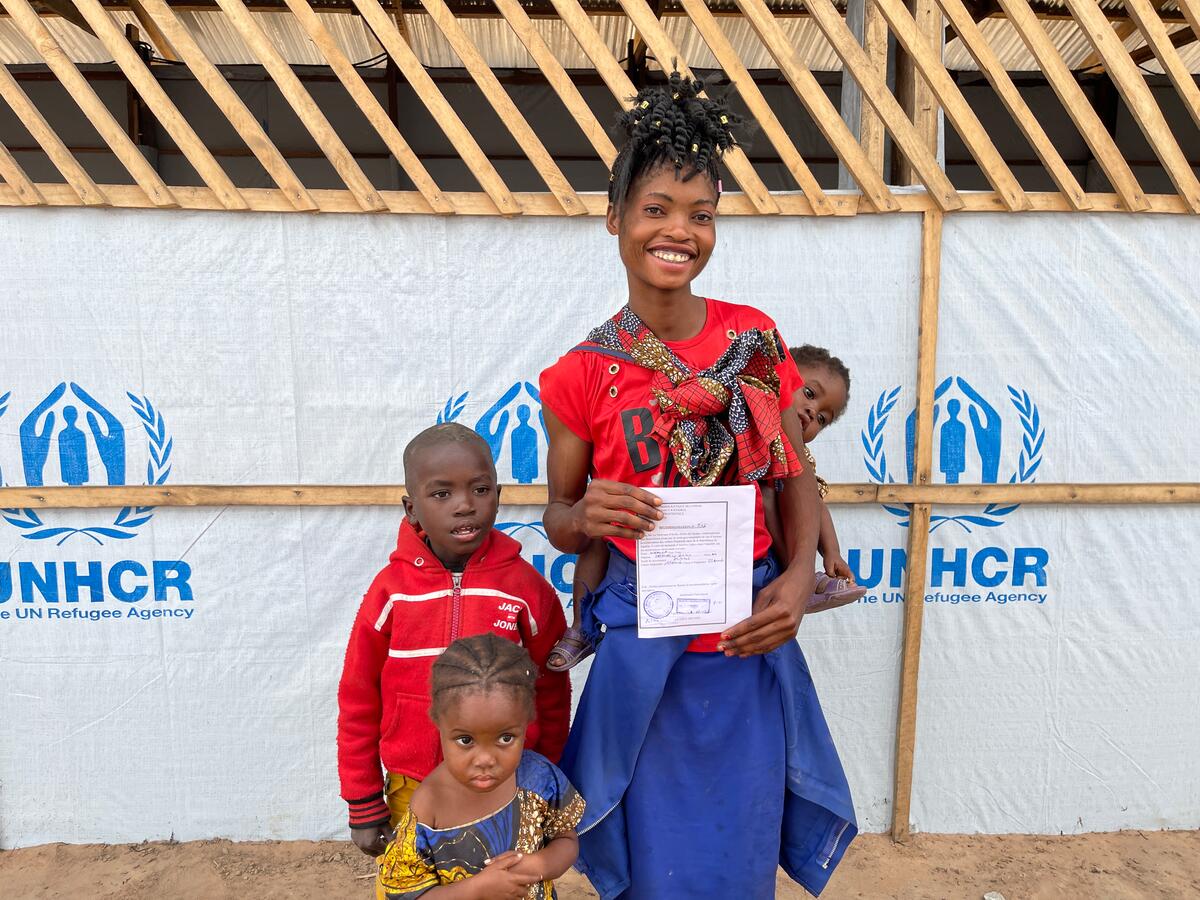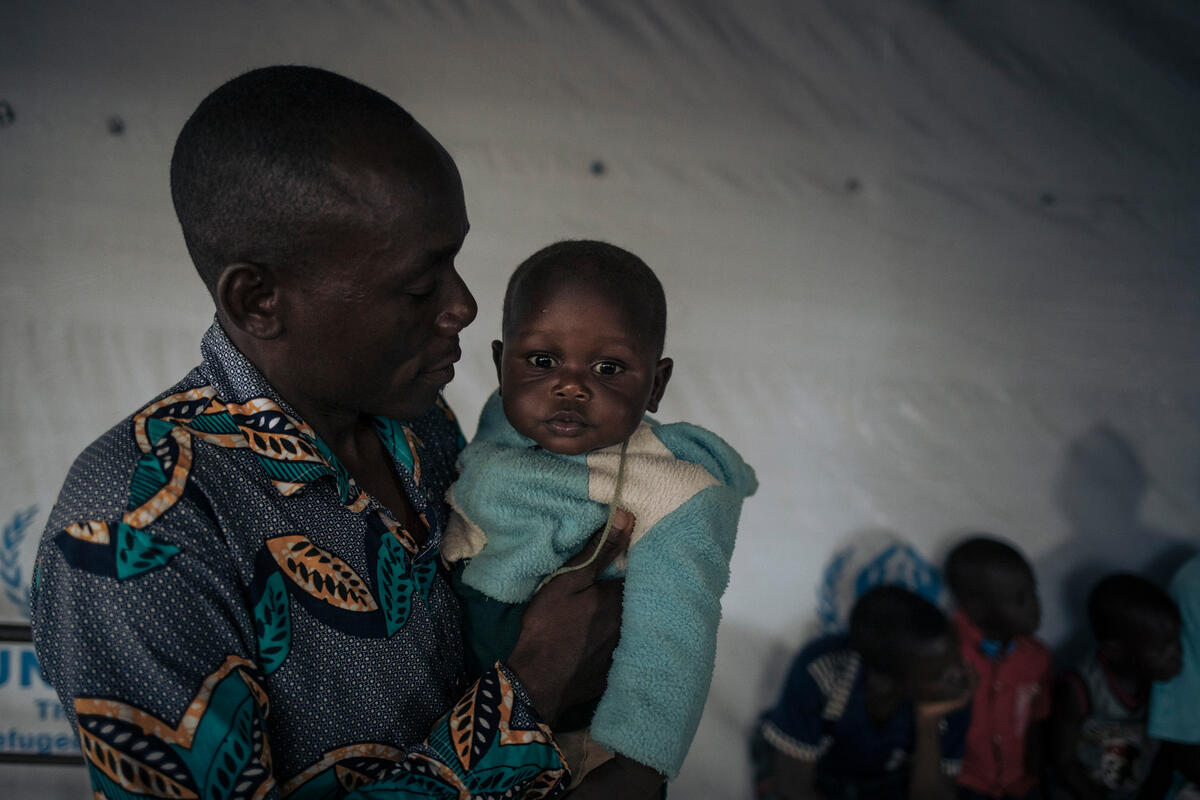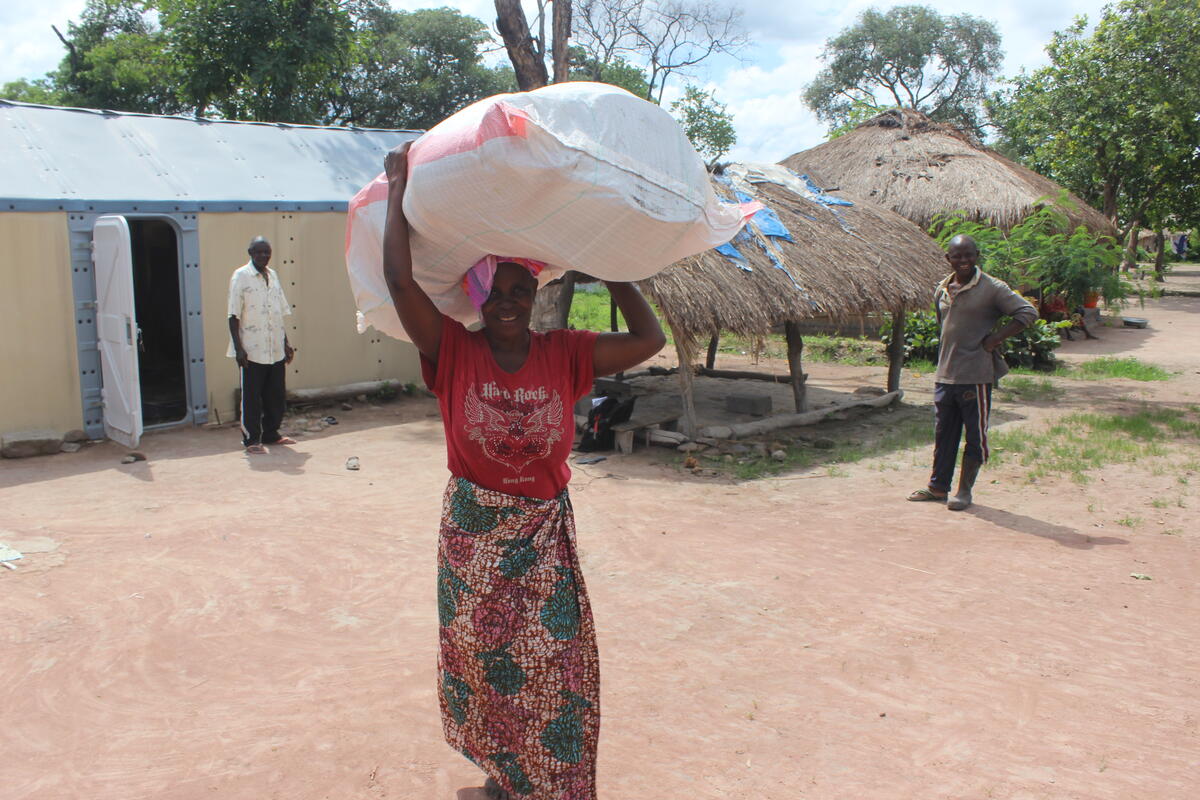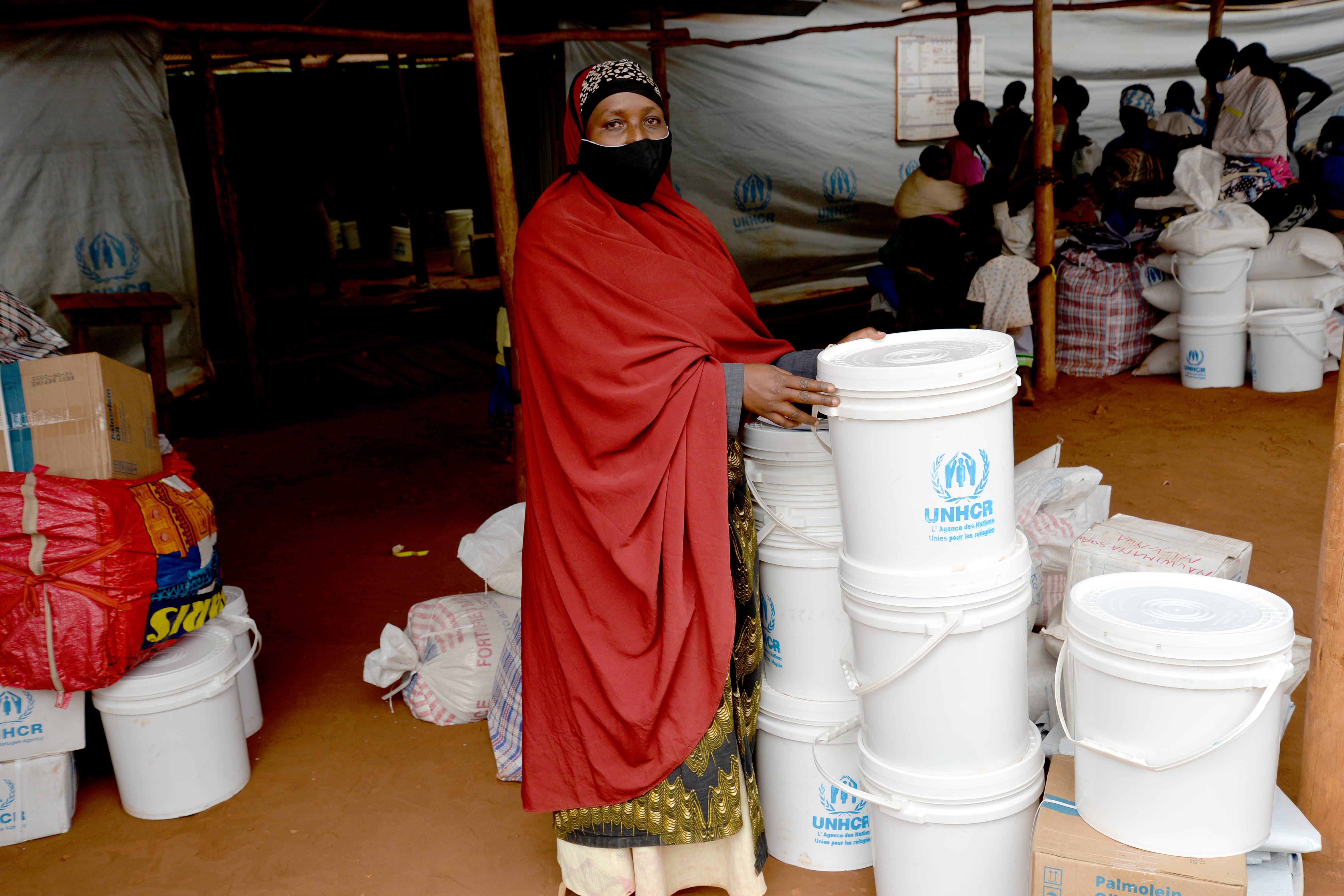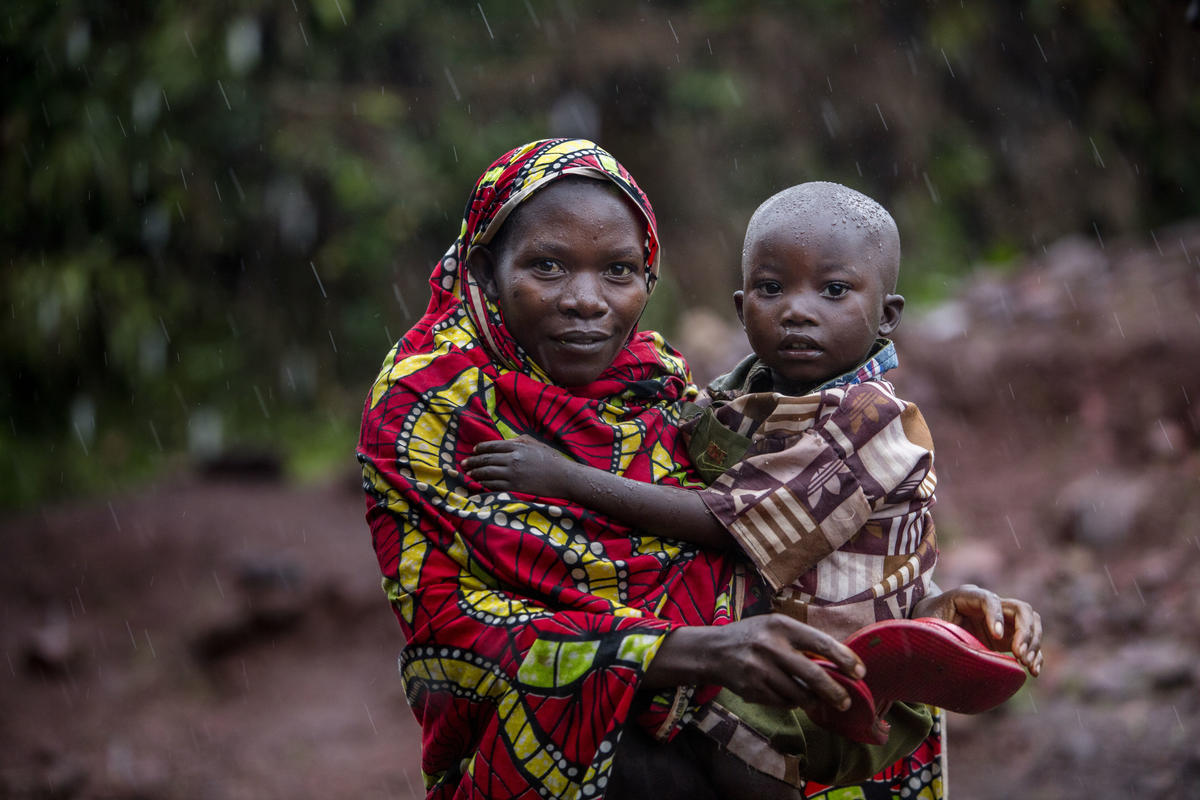Bangladesh and UNHCR agree on voluntary returns framework for when refugees decide conditions are right
Bangladesh and UNHCR agree on voluntary returns framework for when refugees decide conditions are right

UNHCR, the UN Refugee Agency, and the Government of Bangladesh in Geneva this morning finalized a Memorandum of Understanding (MoU) relating to voluntary returns of Rohingya refugees once conditions in Myanmar are conducive.
The Memorandum, signed by the UN High Commissioner for Refugees, Filippo Grandi, and Bangladesh Foreign Secretary, Md. Shahidul Haque, established a framework of cooperation between UNHCR and Bangladesh on the safe, voluntary, and dignified returns of refugees in line with international standards.
More than 670,000 Rohingya fled violence in Myanmar since last August, joining an estimated 200,000 Rohingya who have sought shelter in Bangladesh, arriving in waves over the past decades. For the hospitality, protection, and assistance provided to those refugees, UNHCR would like to extend its sincere thanks to the Government and people of Bangladesh.
In the absence of a tripartite agreement between UNHCR, Myanmar and Bangladesh, UNHCR has continued to engage with both governments in negotiations on two separate Memoranda of Understanding (MoUs), meant to ensure that any future returns are conducted in line with the international standards of voluntariness, safety and dignity.
UNHCR considers that conditions in Myanmar are not yet conducive for returns to be safe, dignified, and sustainable. The responsibility for creating such conditions remains with the Myanmar authorities, and these must go beyond the preparation of physical infrastructure to facilitate logistical arrangements.
Refugees in Bangladesh have said that before considering return to Myanmar, they would need to see concrete progress in relation to their legal status and citizenship, security, and their ability to enjoy basic rights at home in Rakhine State. UNHCR has continued to call on the Government of Myanmar to take concrete measures to address the root causes of displacement, in line with the recommendations of the Advisory Commission on Rakhine State.
One step the Government of Myanmar could immediately take is to provide UNHCR and other relevant actors with full and unhindered access to refugees’ places of origin in Rakhine State, which would enable UNHCR to assess the situation and provide information to refugees about conditions in the places of origin, as well as to monitor any possible future return and reintegration of refugees. Another practical measure would be to ease restrictions on movement for the internally displaced persons encamped in the central townships of Rakhine State, which would also help to build confidence among refugees in Bangladesh. Such concrete measures would help demonstrate to refugees that the Government of Myanmar is committed to a sustainable solution.
In Myanmar, together with the UN Development Programme (UNDP), UNHCR is in ongoing discussions with the Myanmar government, on a tripartite agreement to outline the scope of cooperation between these agencies and the Myanmar Government in Rakhine State. The agreement would aim to set forth a framework for refugees’ voluntary repatriation in line with international standards, aim to create conditions that are conducive to eventual voluntary repatriation, and provide humanitarian and development assistance for all people of Rakhine State.
For more information on this topic, please contact:
- In Cox's Bazaar, Firas Al-Khateeb, [email protected], +880 1885 934 309
- In Geneva, Andrej Mahecic, [email protected], +41 79 642 97 09

